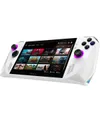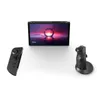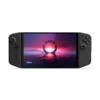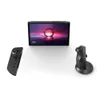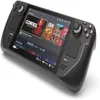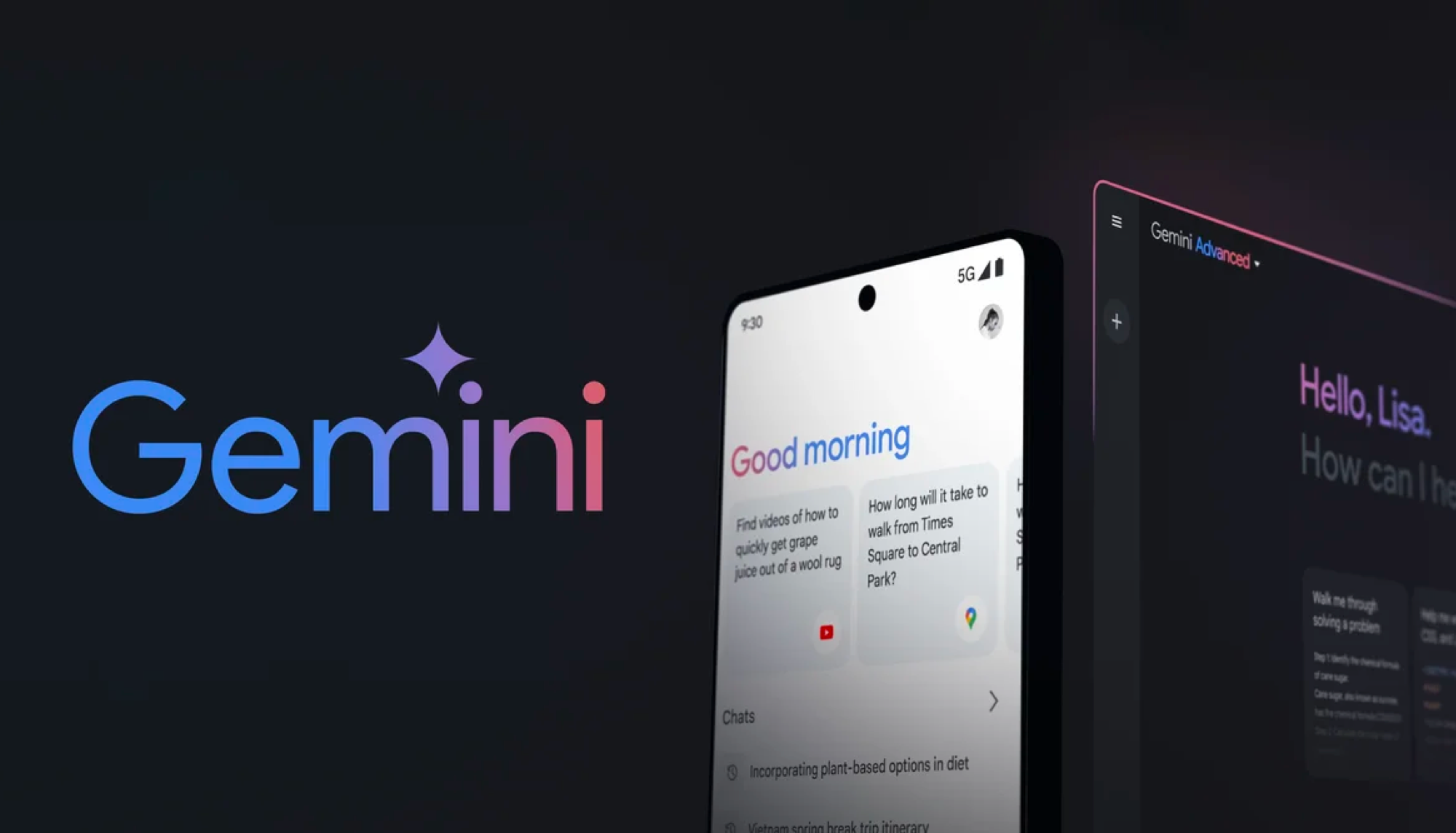Forget PlayStation Portal — 3 reasons why a true PlayStation handheld can succeed
A new PlayStation handheld could be a big hit.
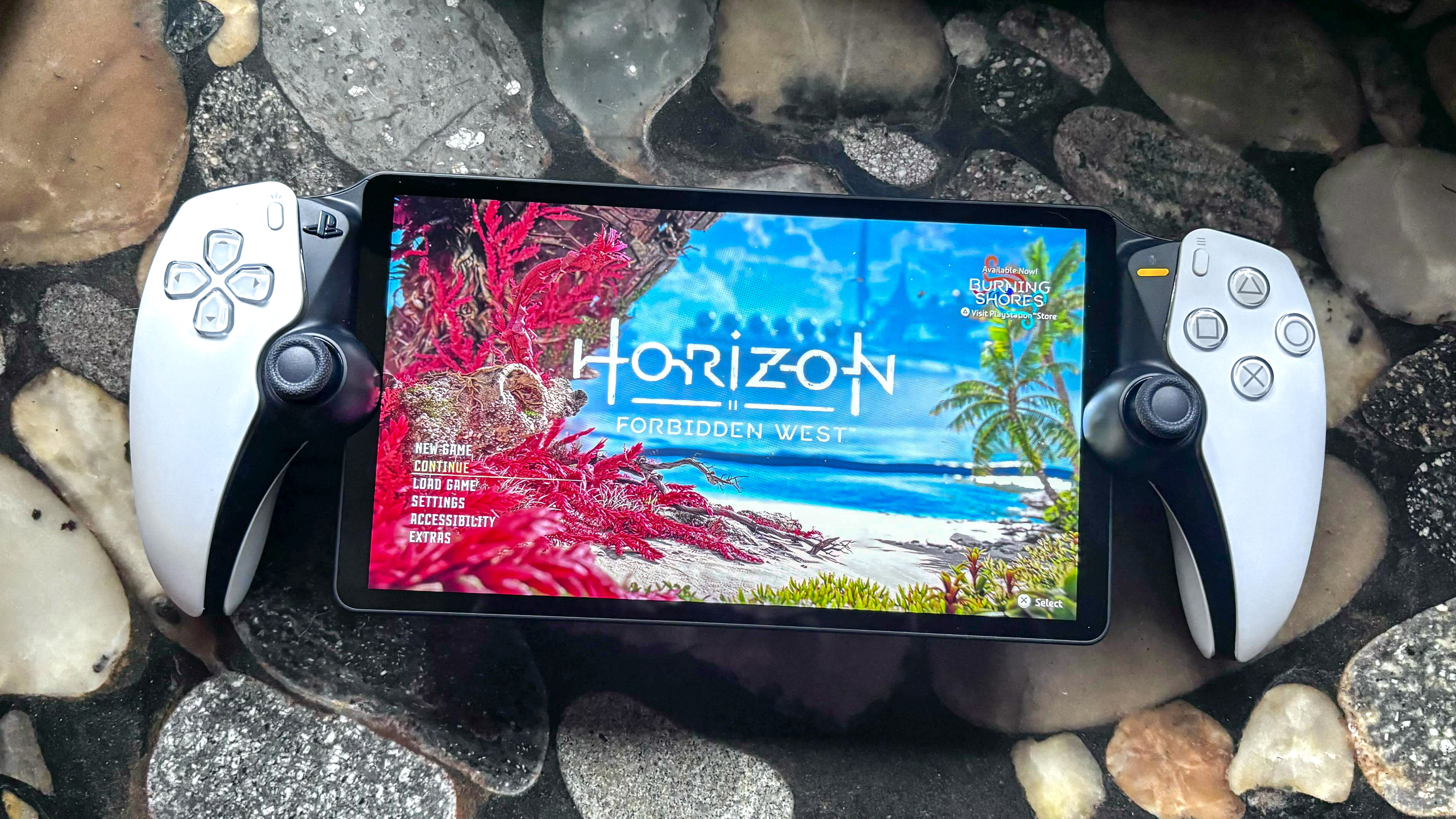
The PlayStation Portal might be sold out everywhere, but if we’re being honest, Sony’s streaming handheld pales in comparison to the PlayStation Portable and PlayStation Vita. I’m not completely against playing streamed games, but nothing beats running a game locally on a device. That’s why we need a true PlayStation handheld.
YouTuber Moore’s Law is Dead posted a video claiming that Sony is working on a new handheld console (via GamesRadar). The video says Sony has tasked AMD to work on the alleged system and that the device would be capable of running the best PS4 games and the best PS5 games. This rumored handheld would effectively function like a Steam Deck and wouldn't require Sony to produce games specifically for it.
I’m taking this report with a grain of salt, but it got me thinking that now is the best time for Sony to release a brand-new portable system. I wouldn't have entertained the idea even two years ago, but the crop of powerful handhelds on the market — including the Steam Deck OLED, Asus ROG Ally, Lenovo Legion Go and upcoming MSI Claw — has shown me that folks are clamoring for these machines.
There’s no reason Sony wouldn’t find success with a brand-new dedicated gaming handheld. Such a device could easily be one of the best handheld gaming consoles. Here’s why.
The demand for handhelds is strong
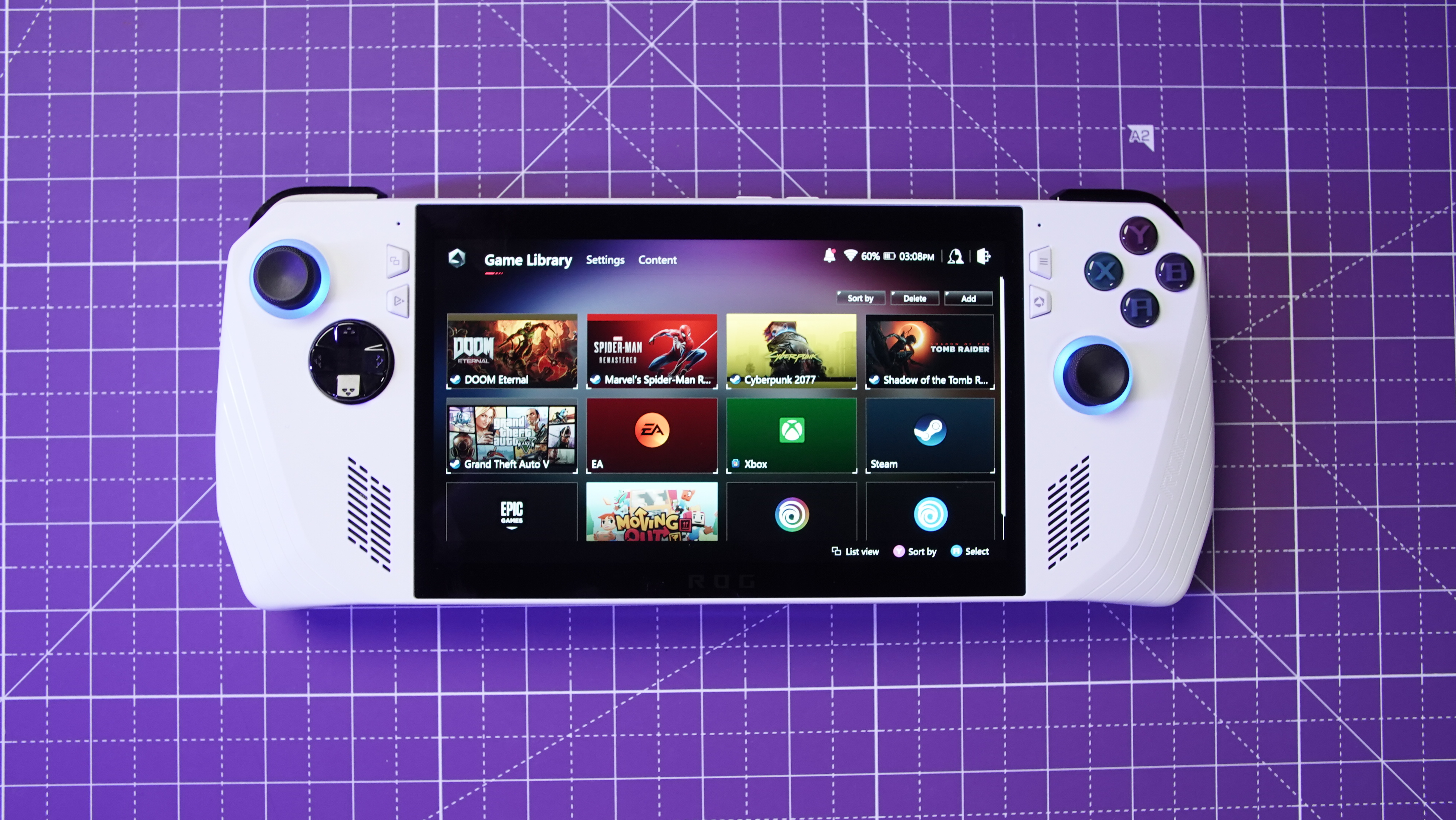
If folks are this stoked for a PlayStation streaming machine, imagine how they’d feel about a proper handheld console.
Like the PS5’s early days, it’s almost impossible to find a PlayStation Portal in stock. This is remarkable considering how this is only a streaming device. The enthusiasm for a machine that doesn’t run games locally demonstrates the interest people still have in PlayStation handhelds. If folks are this stoked for a PlayStation streaming machine, imagine how they’d feel about a proper handheld console.
Then of course we have the success of other handhelds. Steam Deck became a huge hit when it launched in 2022 — spurring a handheld arms race that resulted in excellent Windows 11 portables like the Asus ROG Ally and Lenovo Legion Go. MSI is ready to unleash the MSI Claw in February 2024, and even Acer could be working on a PC gaming handheld. It’s safe to say we’ll see these manufacturers and others continue releasing similar machines moving forward.
Given the PlayStation Portal’s success and the proliferation of dedicated gaming handhelds, a new PlayStation portable could be a runaway hit.
Modern handhelds are powerful
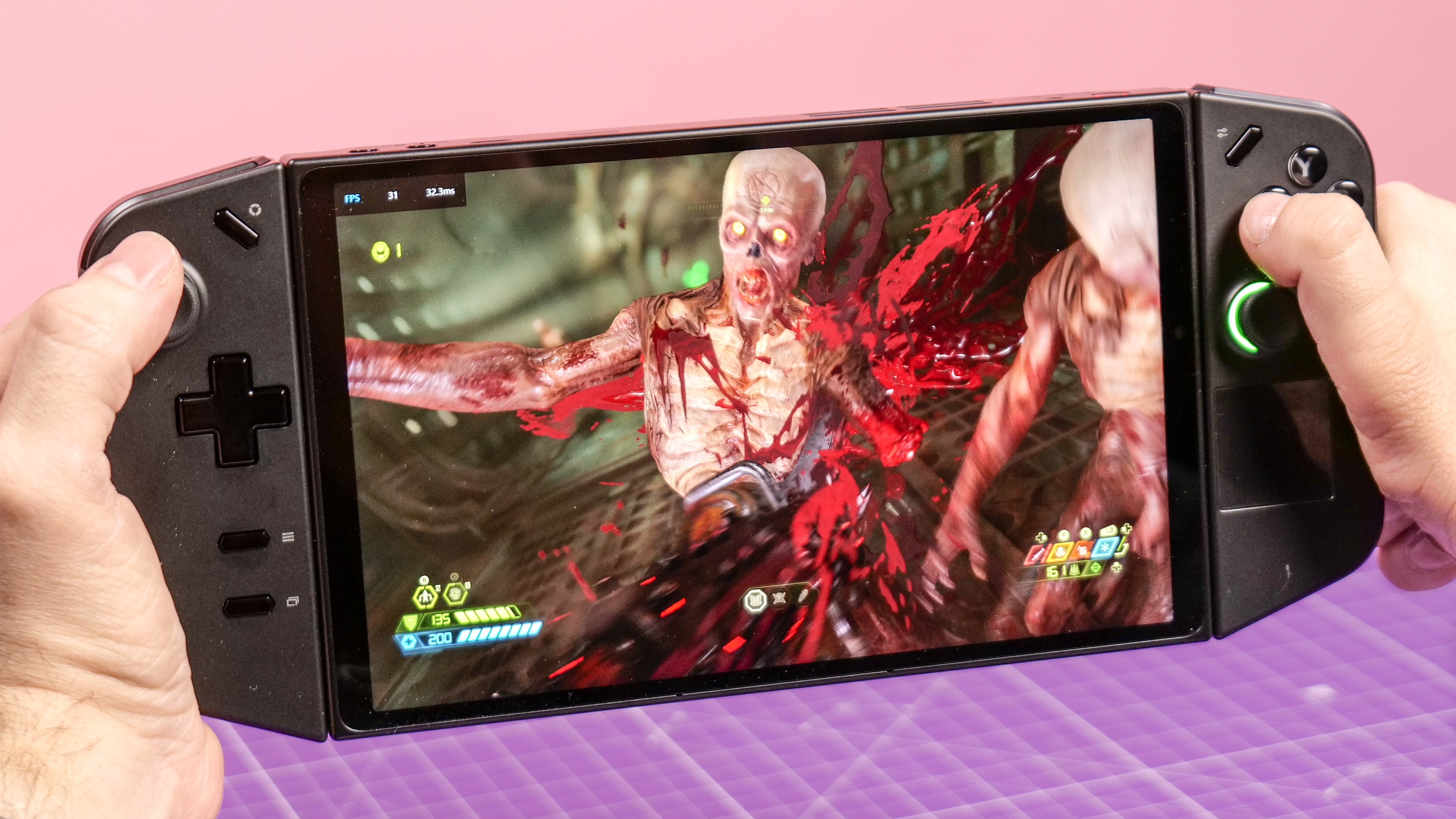
The aforementioned PlayStation handheld rumor claims the supposed device would be powerful enough to run PS4 and PS5 games. That’s not so outlandish considering how well PS4 games like God of War (2018) and Marvel’s Spider-Man run on the Steam Deck and other gaming handhelds. In fact, PC ports of PS5 exclusives like Returnal and Ratchet & Clank: Rift Apart can also run on such devices.
The new rumor says AMD is working on the alleged PlayStation handheld. If true, that’s not surprising given how Team Red’s chips power not only portables like the Steam Deck, ROG Ally and Legion Go, but also consoles like the PS5 and Xbox Series X. That being the case, using an AMD chip for a potential PlayStation handheld makes sense since it would (presumably) ensure better game compatibility between devices.
Right now, if you buy a PC game, you don’t have to buy it again for Steam Deck and similar devices. For a new PlayStation portable to succeed, it needs to have this same level of compatibility. There would be no need to make exclusive games for the system. The current handhelds prove exclusives aren’t necessary. The main draw would be playing your PlayStation games on the go.
No need for physical games
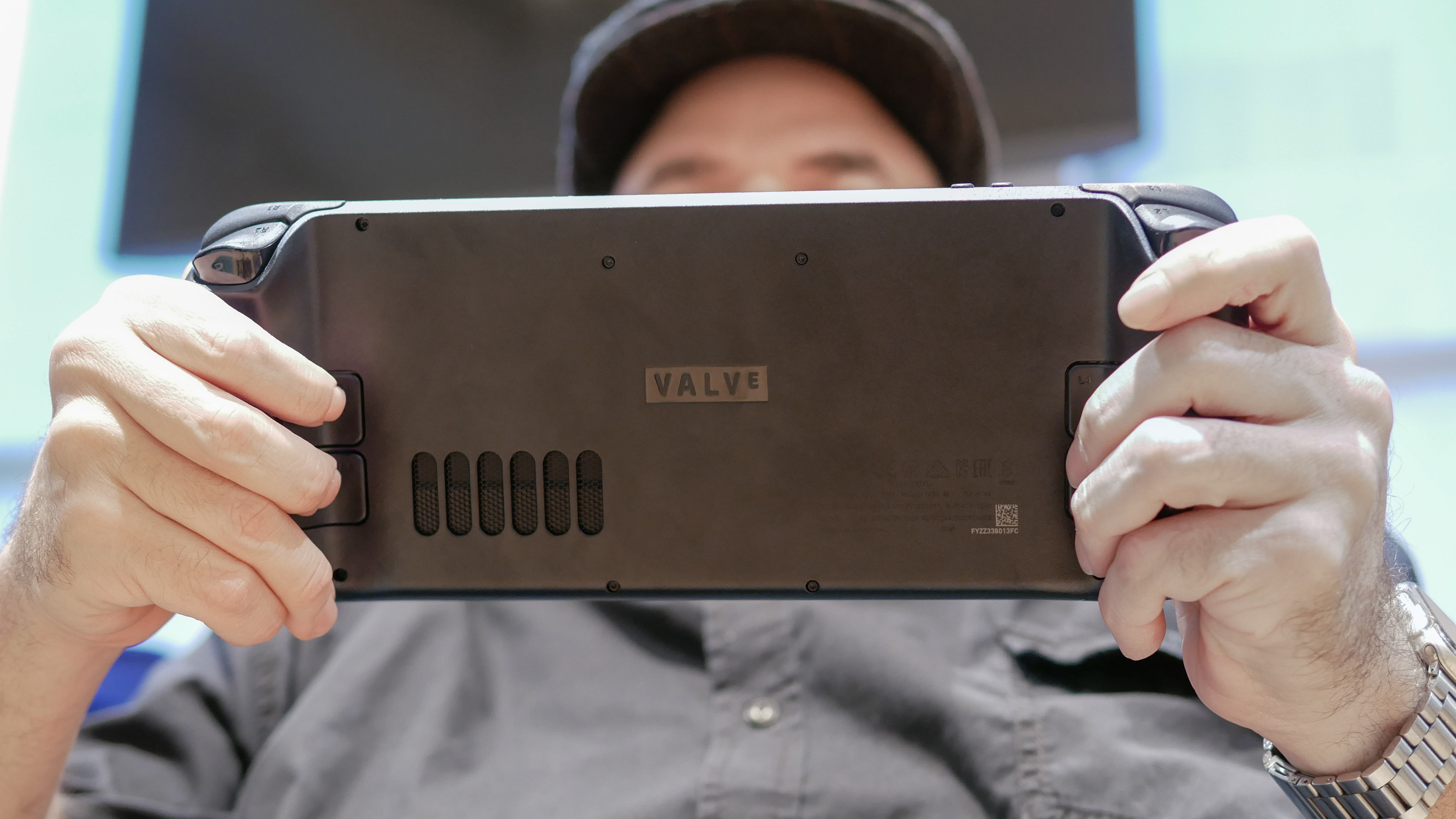
Do you remember the PSP Go? I won’t blame you if you don’t. This often overlooked PlayStation portable failed because it didn’t support the UMD (Universal Media Disks) disks the PSP used at the time. People wanted nothing to do with an all-digital handheld back then, but things are much different now.
Steam Deck and its contemporaries don’t support physical games. You have to download every title you intend to play on them. However, that hasn’t affected their success. Since folks are now used to (or prefer) digital media, lacking physical games won’t hurt a potential new PlayStation handheld. Also, there would be no need for physical games since the titles you’d play would consist of whatever PS4/PS5 titles you currently own.
Regarding physical components, one of the things that killed the PS Vita was its proprietary memory cards. For example, a 32GB PS Vita memory card cost a whopping $120. In comparison, SD cards with similar (or more memory) cost about $30 or less back then. These proprietary cards were to deter piracy, according to Sony, but there would be no need for such measures if there were no physical games to pirate. Any new PlayStation handheld could use the same SD cards available at Amazon or Best Buy.
Outlook
It’s unclear whether or not we’ll see a new PlayStation handheld. Even if there’s demand for such a system, it would enter a pretty crowded market. However, I think any new Sony portable would have a better chance of succeeding now than it would even a few years ago. Perhaps if we keep asking, we’ll get the PlayStation handheld we’ve all been waiting for.
More from Tom's Guide
- Asus ROG Ally vs Steam Deck: Which handheld wins?
- This PS5 4K OLED tablet is the PlayStation Portal of my dreams
- 7 reasons why gaming at your desk beats playing on the couch
Sign up to get the BEST of Tom's Guide direct to your inbox.
Get instant access to breaking news, the hottest reviews, great deals and helpful tips.

Tony is a computing writer at Tom’s Guide covering laptops, tablets, Windows, and iOS. During his off-hours, Tony enjoys reading comic books, playing video games, reading speculative fiction novels, and spending too much time on X/Twitter. His non-nerdy pursuits involve attending Hard Rock/Heavy Metal concerts and going to NYC bars with friends and colleagues. His work has appeared in publications such as Laptop Mag, PC Mag, and various independent gaming sites.


